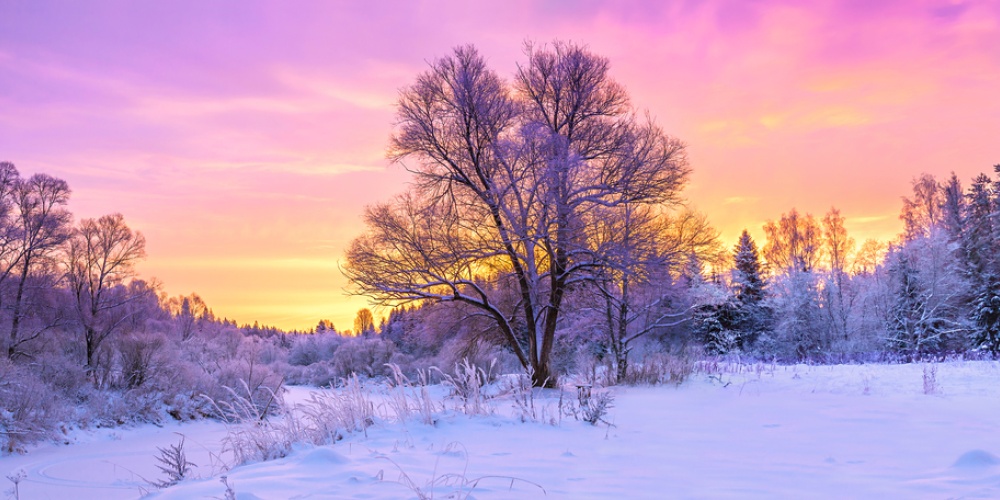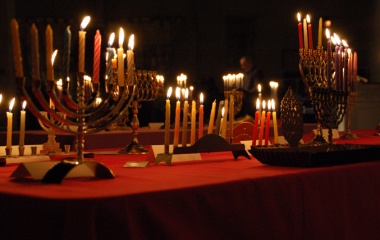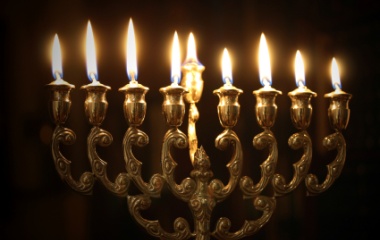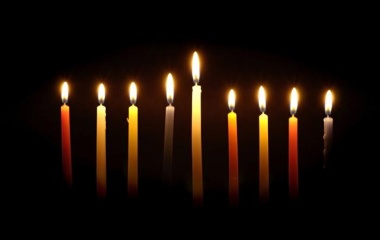
We tend to assume that, with the recital of the shir shel yom, the daily psalm—or Aleinu if you daven nusach sefarad, Shacharit is over. Yet a quick glance at the siddur demonstrates that this is not necessarily so. While not widely observed today, there is a custom to recite the shesh zechirot, six remembrances, printed at the end of Shacharit in all standard siddurim.
These zechirot highlight fundamental messages that we dare not forget, touching upon the fundamentals of our faith. They encompass the defining moments of Jewish history: the Exodus and revelation at Sinai; the need to repent our personal and collective mistakes as we recall our wayward ways in the desert, the slander Miriam spoke against Moshe; and our unique way of life that imbues us with holiness and gives no rest to our enemies, symbolized by the obligation to remember Shabbat and Amalek.
While Shabbat is, first and foremost, our acknowledgment of G-d as the Creator, the Yamim Tovim, our national holidays, celebrate the pivotal moments in Jewish history. Each of our holidays evokes different memories, both on a personal and national level. Chanukah inspires us to rejoice in the power of the human spirit, empowers us to overcome our fears of being in the minority, and reminds us that our unique way of life can simultaneously accept and reject crucial aspects from the surrounding cultures to which we are exposed.
“Remember the days of old, ponder the years of each generation; ask your father and he will tell you, and your elders who will explain it” (Devarim 32:7). It is this verse that the Talmud (Shabbat 23a) uses as its source for the requirement to make a bracha when lighting the menorah. Chanukah is a rabbinic holiday, so how can one say “Blessed is the Lord …Who has commanded us” when clearly, it is “only” the command of the Sages that obligates us in this mitzvah? By remembering and anchoring ourselves in our past experiences, we fulfill the most basic of obligations, that of ensuring our future. And this we are surely commanded to do.
The Talmud refers to Chanukah as “yamim tovim b’hallel vehoda’a, holy days of praise and thanksgiving”. The Yom Tov of Chanukah is marked not by abstaining from work, but with the recital of Al hanisim and Hallel.
“In the days of Mattityahu, the wicked Greek kingdom rose up against Your people Israel to make them forget Your Torah, and to force them to transgress its statutes”. The goal of the Greeks was to have us “forget” the Torah, to turn our living heritage into a relic of history. The nations of the world cannot understand our dedication to an ancient code. Our ability to relive the past as we rejoice on Pesach or mourn on Tisha b'Av baffles others. Why do we recall so tenaciously that which happened so long ago? It is not this precept or that that is the issue, but our inability to forget and ignore the events of yesteryear.
Unfortunately, many Jews fall prey to this way of thinking. They have forgotten so much of our past, thereby threatening their own Jewish future. The greatest challenge Judaism faces today is not the proliferation of ways in which people express their Jewishness, but rather the millions who are expressionless. We should welcome those who challenge our beliefs and practices—they force us to think hard and sharpen our own understanding of Judaism. While it might involve some risk, it has the potential for much greater gains.
It is the vast majority of Jews worldwide—those who have forgotten about Judaism, whose approach to Judaism is one of apathy—that should concern us most. They don't challenge us because they ignore us. Our memory must be so strong, our convictions so deep that we are able to inspire them.
Chanukah is a time when many whose Jewish memory is weak still remember to light the chanukiah. May we ensure that their light continues to burn for many days and years, fulfilling the blessing of the One “who performed miracles for our ancestors in those days and in our times”.



